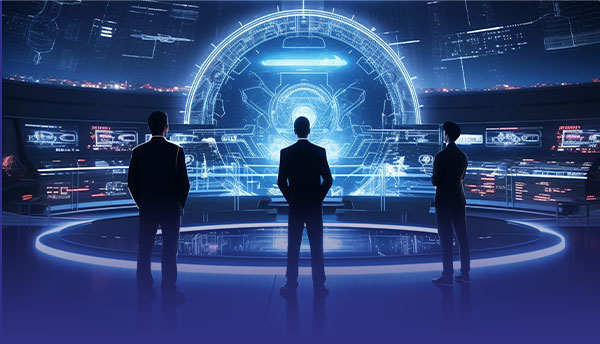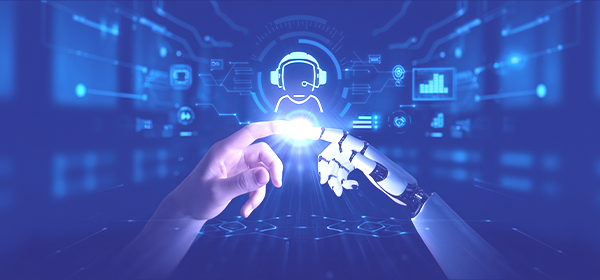Hard drives have, for the most part, been the limiting factor when it comes to the speed of our computers. Waiting for computers to boot and programs to load can sometimes seem to take forever. Add these tasks up during the course of a work day and waiting can turn into a significant amount of time.
In the past couple of years, SSD’s have come down considerably in cost. An SSD is a Solid State Drive. They have no moving parts, use less power, and are at least 60%-150% times faster when accessing and saving data. Boot times can be measured in seconds, loading programs and copying files are much faster. Power consumption vs traditional hard drives can also be a benefit, especially in laptops. SSD’s are about 2x-5x more efficient than traditional drives, depending on the model you purchase.
Upgrading to an SSD drive in a machine that is 4-5 years old can bring new life to a system (desktop or laptop) that is used day to day for office programs. Machines that run more intensive programs such as CAD (image manipulation), would see the benefits of a more modern processor and upgraded memory. IT360, all of our employee laptops were replaced with SSD’s a couple of years ago. Feel free to ask them about their personal experience with the change.
As with everything else, there are downsides. The two major downsides are size and the cost of the drive. Typically the price per gigabyte is higher than a traditional drive. You can get a 1 Terabyte SSD drive, but the cost is usually in the $400 range. Comparing that to a traditional drive cost of $90, you can get a feel for the cost difference. Our strategy is to use a more reasonable size (250 Gigabytes) to keep the costs down around $90. This gives enough space on your system for 90% of the computers out there, plus the added benefit of speeding up the system significantly.
Reliability wise, SSD might have a slight edge. At this point, we don’t think there is enough data to say one way or the other. They do fail just like traditional hard drives, so we don’t think there is really an advantage either way.
If you are at a point of replacing a system, engage us during the process and we can let you know if that older machine in accounting would benefit from an SSD upgrade vs replacing the whole machine. For new machines, we recommend going with an SSD from the start instead of the traditional drive.
If you have any questions, ask one of our employees or contact me directly at don.dawson@it360.biz.
Don Dawson
President
IT360, Inc.
Breathe new life into older hardware



